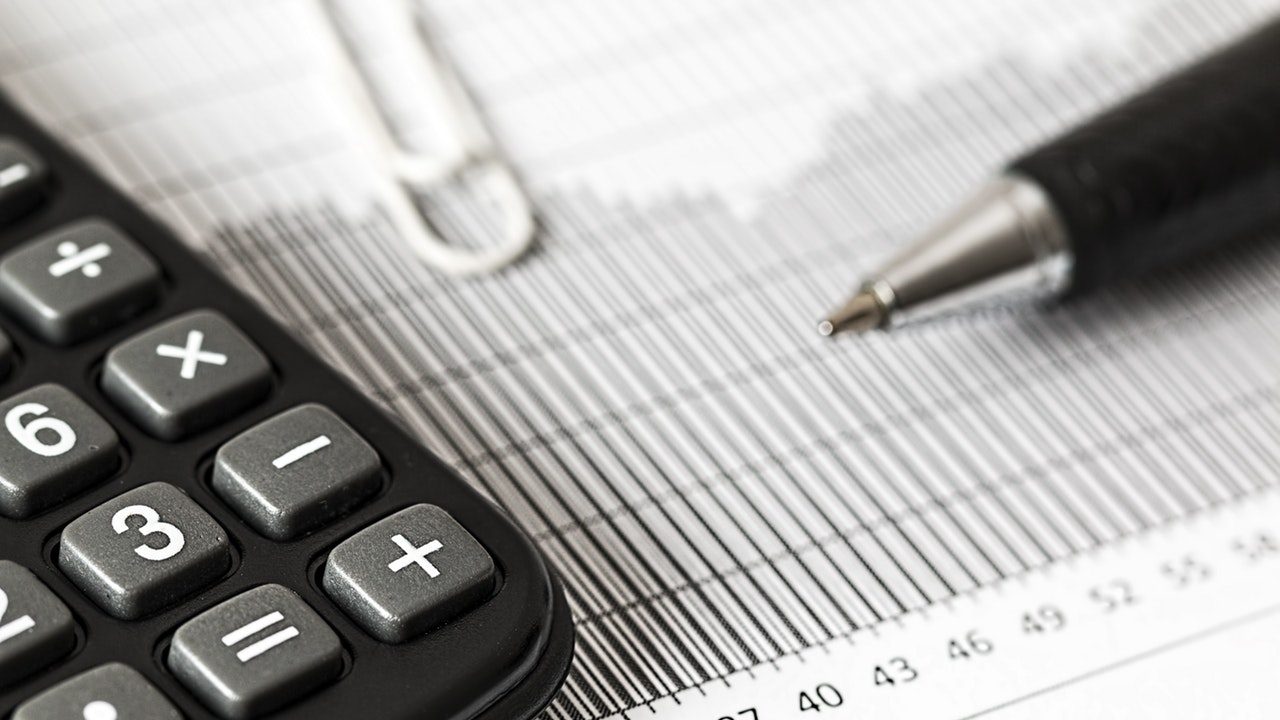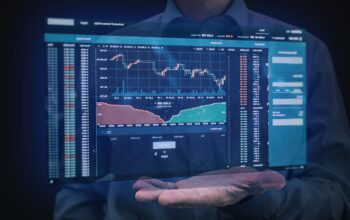If you are self-employed or receive any income that isn’t taxed at source, for example from a rental property, then you will need to complete a self-assessment tax return and pay your taxes (Income Tax and National Insurance) direct to HMRC.
There are a variety of situations that mean you will need to complete a tax return, each of which complicate things and many people are left unsure if they need to complete one or not. If you are one of those that are unsure this useful tool provided by HMRC will help clarify your position.
For many people the thought of completing a tax return and knowing where to start can be very intimidating. If you are struggling and need help from a Chartered Accountant, such as HWB Accountants, then we will deal with all of your tax return deadlines so you won’t need to worry about HMRC. Not only will we take care of your tax affairs, but we will also ensure you aren’t paying over the odds and always review any tax relief opportunities available to you.
Registering for self-assessment
You can visit the gov.uk page to register and file your self-assessment. Upon registering you will be assigned a UTR (unique taxpayer reference). If you run a limited company or limited liability partnership then you’ll need to register here. Once you are registered you will be able to complete your tax return either by paper or online.
Don’t worry if you think you’ll struggle to pay your bill in one lump sum payment. You can arrange to make payments in instalments with a budget payment plan, but these payments will be in advance of your next tax bill. You cannot pay a previous tax bill in instalments retrospectively.
Self-Assessment important dates
Each year you will need to submit your tax return for the previous calendar year running from 6th April to 5th April the next year. Here are the key dates you need to be aware of:
31st Jan
Midnight is the deadline for filing your self-assessment tax return online for the previous tax year. You can also pay any tax you owe to HMRC. If you make ‘payments on account’ for the following tax year then this is the date of your first payment.
5th April
This is the end of the tax year. You will be contacted by HMRC after this date to ask you to file your self-assessment tax return.
6th April
The start of the new tax year.
31st July
If you do make ‘payments on account’ the second payment is due today.
31st October
This is the deadline for paper self-assessment forms.
What information will you need to complete your tax return?
There are several items of information that you will need available to complete your self-assessment, and these include:
- Your UTR Number
- National Insurance Number
- Details of untaxed income, including income from self-employment, rental properties, dividends and interest on shares
- Expenses relating to self employment and rental properties
- Contributions to charity or pensions eligible for tax relief
- P60 which includes details of income you have already paid tax on
What happens if you miss the deadline?
HMRC will issue penalties for late returns and payments. These penalties are automatic and fixed, with the initial penalty being £100. This is then followed by £10 per day after three months and for the next 90 days. After six months it then increases further to include 5 per cent of the tax that is due to HMRC. There are, however, some reasonable excuses that will be considered when it comes to meeting the self-assessment deadline. But you’ll need to prove that you made a reasonable effort to file on time.
Next steps
Although the next deadline for filing your 2018-2019 self-assessment tax return isn’t until midnight on 31 January 2020 it’s important to start thinking about your tax return as soon as you start earning money. Ideally you should be saving money to cover your tax bill as you go rather than waiting until you complete your return or making payments on account. You should also be keeping an eye on Making Tax Digital announcements in case of any updates in this area that will affect your position.
As expert tax advisors we would recommend keeping your business and personal finances separate and to keep all your receipts for tax deductible expenses. There are apps or bookkeeping software that you can use to help, or simply record your income on a spreadsheet. However, if you are still not comfortable dealing with your taxes, or simply don’t have the time to dedicate to your tax affairs, an expert chartered accountant such as ourselves will take care of everything for you making the whole process worry-free.




